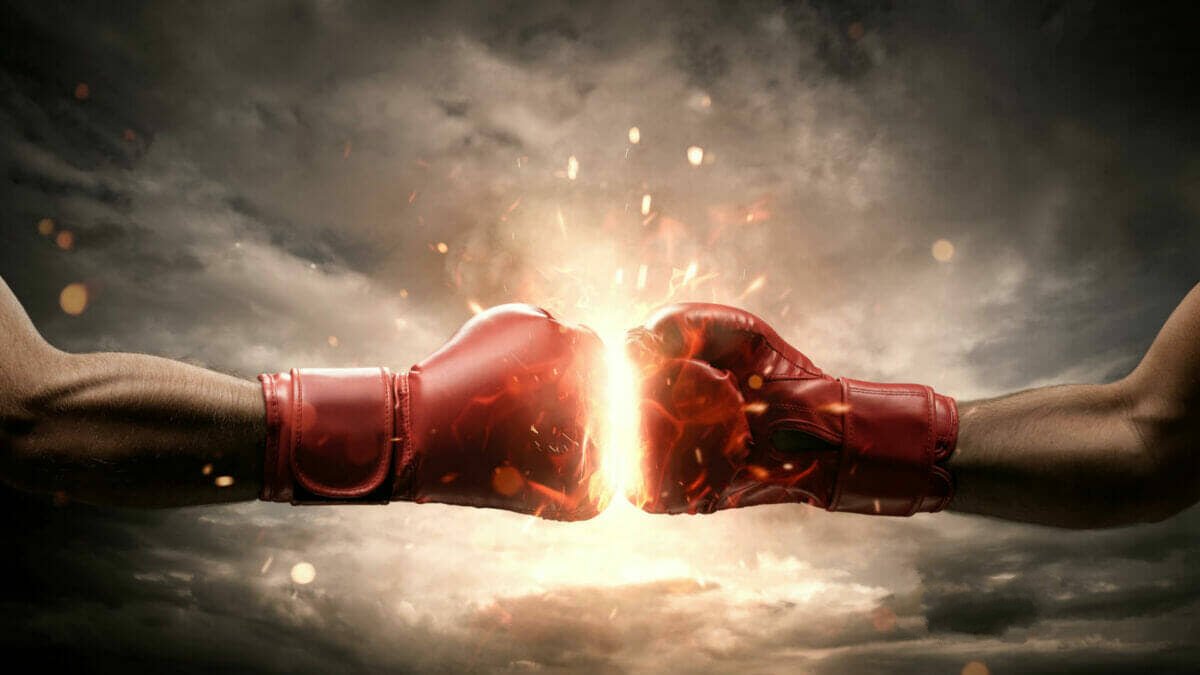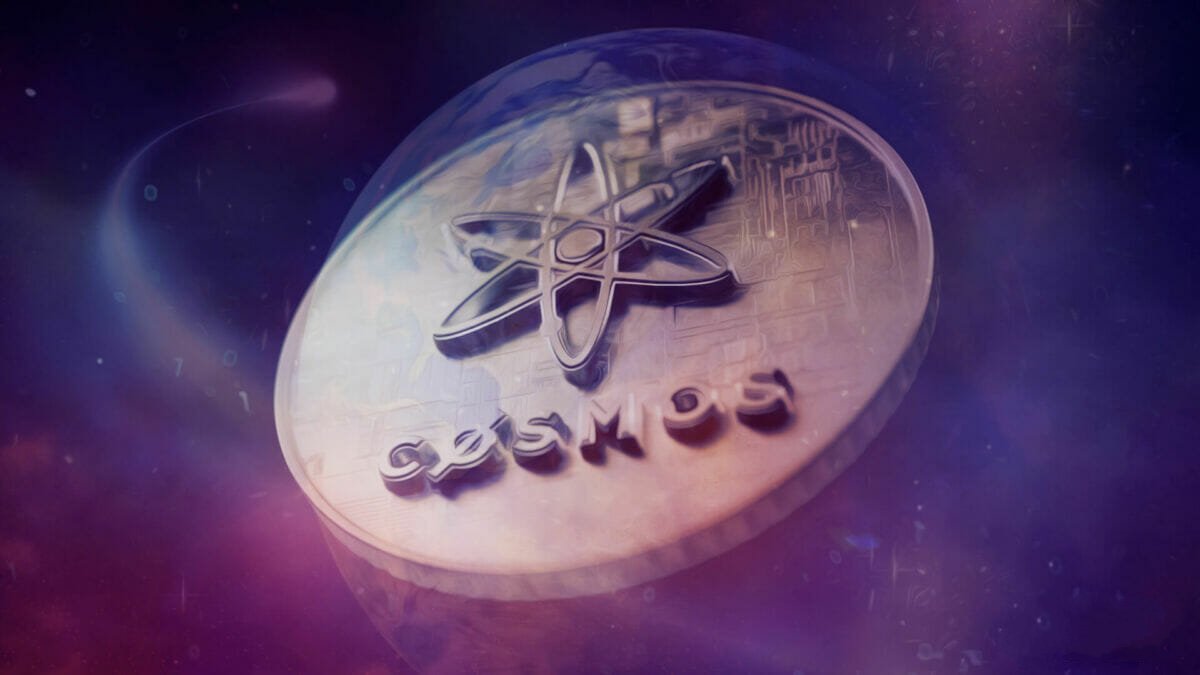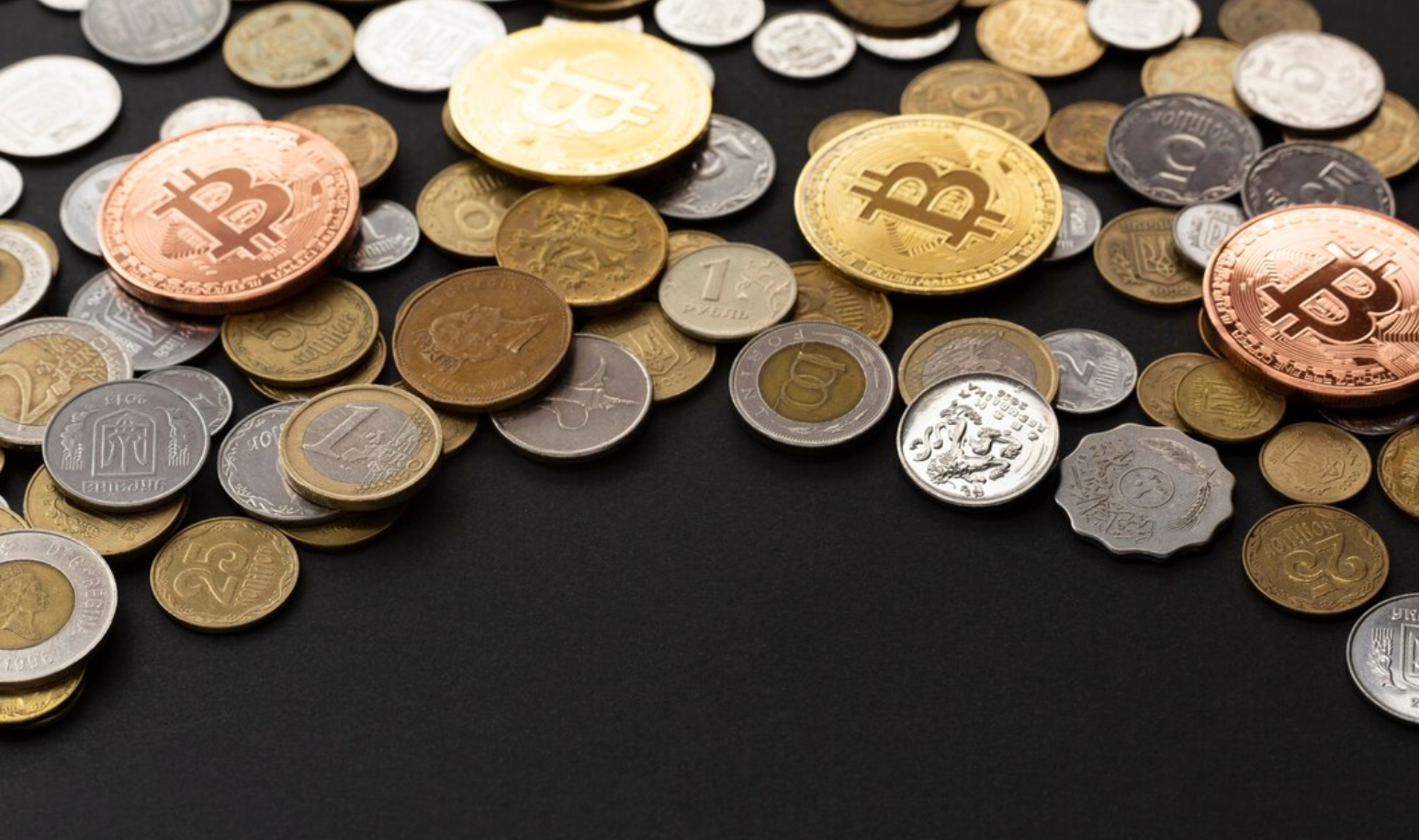The blockchain makes plastic and paper checks obsolete. As the physical currency becomes increasingly difficult to come by, more and more of us are turning to electronic payment methods like bank cards and wire transfers to make most of our transactions, but checks are still commonly utilized by a sizable percentage of the population.
Contrast the potential dangers of having operations rejected with the immutability of the blockchain.
Only a select few people have a firm grasp of the intricate interbank procedures involved in the processing of card and cheque payments. And if this is not the case for you, rest assured that your life is not worse as a result.
The dangers of using checks as a payment method make them an option that should be left on the sidelines.
Let’s kick off this battle by using checks, the Minitel’s preferred method of payment.
Some retailers, as well as bank clients who did not grow up with the Internet, remain fond of the check as a form of payment. Each of us may, alas, face circumstances when we must cash the check (deposit check, vacation reservation, etc.). It’s no secret that the government utilizes checks to dole out aid, either…
Although they are undoubtedly the method of payment with the lowest level of security, the fact that checks are free works in their favor. Why?
First, the bank gives you the money before it guarantees that the check will be cashed, and the issuer’s bank can still refuse to pay.
The amount you thought you had collected from the check will be debited from your account if a routine check or opposition raised by the issuer reveals that the check is invalid.
If you’d already used the money after it had been credited to your account, this could lead to an unintentional overdraft.
Understanding the issue requires knowing that the sheer volume of checks issued annually in France (over one billion) renders title control impracticable. Because of the low volume of these transactions, banks understandably don’t prioritize checking accounts for very modest sums.

Consider the flip side of the coin: it is exceedingly unlikely that a bitcoin payment will be reimbursed, barring the most extraordinary of circumstances. Following the transaction’s validation and acceptance, subsequent blocks added to the chain will render it immutable, making undoing the transaction extremely difficult, if not impossible.
When money is transferred via blockchain technology, the transaction is more secure than ever before.
To return to the subject of checks, compiling an entire list of all potential dangers in a single book is challenging.
If your bank does not frequently verify the regularity of your signature, you are incurring a considerable risk if the checks can be issued blank or if anyone with access to your checkbook can use them. This is especially relevant if the bank does not consistently validate your signature.
This a problem ingeniously addressed by the blockchain and the user-generated private keys, which each user is responsible for properly maintaining.
In a world where anyone can write a check for any amount (hello, banking prohibition), the blockchain eliminates the prospect of issuing a non-sufficient funds (NSF) payment. This is both an enticing and perilous condition in a society where anyone can write a check for any amount.
It is difficult to send money that you do not already have while utilizing cryptocurrency.
Not to mention that certain criminal organizations have created a practice of check diversion, which entails its own set of serious risks.
To be more particular, about sending tax payments via check. Both are easy to spot as a scam and simple to pull off in practice. As a result, the UAE has moved rapidly to investigate a system that combines the convenience of paper checks with the anonymity and transparency provided by blockchain technology.
Because the bank, which, as previously said, does not review every check, may be tricked by the fake check, the original beneficiary of the funds must take action to recover them. The amount due from the balance has been deducted from your account.
The next step is to start fighting with the bank for your money, even though you have done nothing wrong. Is the word “ridiculous” familiar to me?
Credit and debit cards are not a cure-all for all financial ills.
Not only are there concerns about check payments, but there are also concerns about. There is also the potential of refusing a credit card payment.
This section contains all 300 pages of Mastercard and Visa’s General Conditions for payments made in France using international credit cards. Trader-weakening acts are actions that weaken the trader’s position.
As a result, a non-French client has the legal authority to request that his bank refuse a transaction initiated in France. Traders are exposed to both uncertainty and risk as a result of this possibility. This is also true when a malicious person uses a credit card that has been counterfeited or stolen.
While blockchain technology may be able to help mitigate some of these dangers, the immutability that I previously discussed will only be effective if it is complemented by proper planning and execution.
If you make a mistake with a transaction while using the Bitcoin network, no one will be able to help you reverse the transaction.
Your signature is not always required for a SEPA direct debit transaction to be completed.
Since August 2014,
The SEPA Direct Debit has been in effect instead of the TIP. To fully appreciate the dangers posed by SEPA direct debits (not to be confused with SEPA transfers), it is necessary to review their operation. The bank teller cannot confirm the validity of your signature on the direct debit mandate without first establishing your identity (you). If a business is authorized by a bank to provide SEPA direct debits, then they can use your IBAN to make a debit from your bank account. This is because consumers of the banks are not required to sign direct debit mandates. Many people find that their phone service has been disconnected, their insurance has been canceled, or worse, they were never subscribed, to begin with. It is possible that the creditor or his bank was at fault, or that this was done on purpose (a company created it to take the maximum possible accounts).If you don’t keep a close eye on your accounts, which is easier to do if you have more than one, you may not notice these small withdrawals.Oh, the rules do allow you to contest them, but you must do so within 13 months (according to article L.133-24 of the Financial and Monetary Code) of the day that the money was debited from your account; after that, I feel awful for you.
Come full circle with me as we discuss “wallets” in the context of our beloved blockchain. The latter function according to a simple principle. To finalize any transactions that have or will go through your account, your permission is required. You need to validate a transaction twice when working with a decentralized finance protocol, for example: once when allowing the usage of your tokens (making sure to designate a maximum amount), and once when completing the transaction.
Once you’ve done that, you’ll be able to revoke your consent at any moment in the future. Keeping your wallet safe requires that you perform this action frequently.
While this method is substantially more secure, it is also more sophisticated and can be used by scammers who prey on the fact that the vast majority of blockchain users do not fully comprehend the legal implications of the contracts they sign. This is something that has not been enhanced to encourage widespread use.
To use a credit card, you need to put your trust in someone, but who?
When making a purchase online, have you ever been sure of your card details, only to have second thoughts?
When approving a debit from your account to be processed by a company you have never heard of, have you ever had the sinking feeling that you were handing over the keys to the kingdom?
Internet banking and shopping are becoming increasingly safe because of the widespread adoption of robust authentication.
However, if a thief obtains this information, they can use it to make purchases on less secure sites, which increases the likelihood of you being ripped off.
Because the quantity number of transactions, and hence the fees and commissions paid by banking institutions, rise dramatically year over year, the institutions may be willing to shoulder a portion of the fraudulent transactions. Without a doubt, the majority of markets that provide customers with credit card options have seen a financial windfall What are these costs?
Everyone will have to decide between doing the right thing and making life easier for themselves.
Blockchain technology makes it possible to make instantaneous, borderless, and secure monetary transactions without disclosing your financial details to a middleman (like PayPal, which has just assumed the power to punish its consumers).
That may sound simple, but it is a huge step forward in protecting financial transactions.
When deciding between traditional payment methods and modern alternatives, the choice is clear.
But it would be pointless to hide our credit cards and bank accounts away right away. The blockchain is too new and complicated for widespread use in financial transactions. Those that take an interest in it today, however, will be better prepared to navigate the world of the future.






